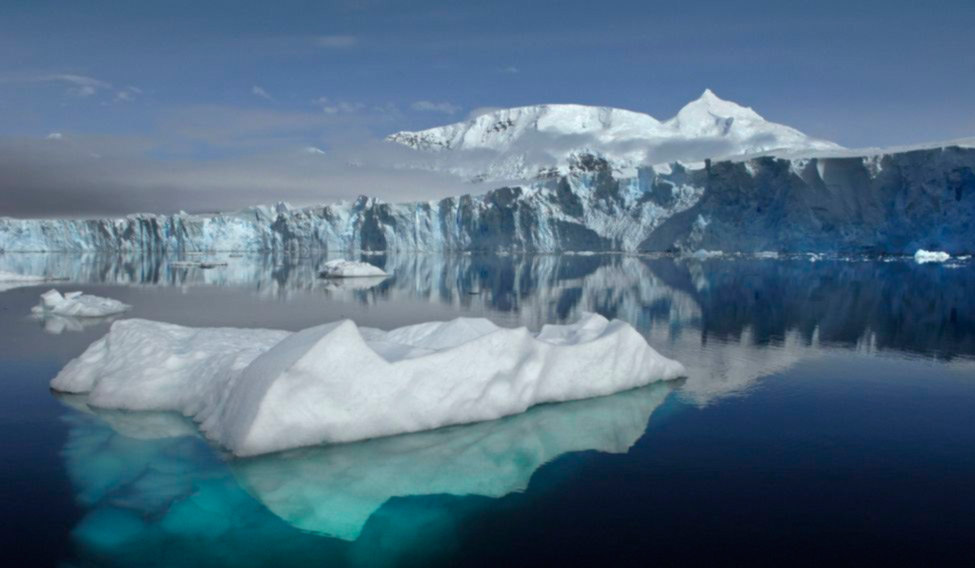It is "extremely unlikely" that 2014, 2015 and 2016 would have been the warmest consecutive years on record without the influence of human-caused climate change, says a new study.
"With climate change, this is the kind of thing we would expect to see. And without climate change, we really would not expect to see it," said Michael Mann, a climate scientist at Pennsylvania State University and lead author of the new study.
Temperature records were first broken in 2014, when that year became the hottest year since global temperature records began in 1880.
These temperatures were then surpassed in 2015 and 2016, making last year the hottest year ever recorded.
In 2016, the average global temperature across land and ocean surface areas was 0.94 degrees Celsius above the 20th century average of 13.9 degrees Celsius, according to the US National Oceanic and Atmospheric Administration (NOAA).
Combining historical temperature data and state-of-the-art climate model simulations, the the researchers found the likelihood of experiencing consecutive record-breaking global temperatures from 2014 to 2016 without the effects of human-caused climate change is no greater than 0.03 percent.
But when human-caused warming is considered, the likelihood of three consecutive record-breaking years happening any time since 2000 rises to as high as 50 percent, according to the study.
That means human-caused climate change is very likely to blame for the three consecutive record-hot years, according to the study to be published in an upcoming issue of the journal Geophysical Research Letters.
Greenhouse gases, like carbon dioxide and methane, accumulate in the atmosphere and trap heat that would otherwise escape into space.
Excess greenhouse gases from industrial activities, like burning fossil fuels, are trapping additional heat in the atmosphere, causing the Earth's temperatures to rise.
The average surface temperature of the planet has risen about 1.1 degrees Celsius since the late 19th century, and the past 35 years have seen a majority of the warming, with 16 of the 17 warmest years on record occurring since 2001, according to NASA.






